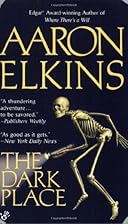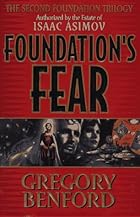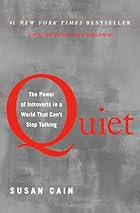
The book, Story Engineering by Larry Brooks, proposes that writing fiction can be broken into six basic skills, dubbed by the author as the SIx Core Competencies. Most of the reviews seemed very favorable, and it seemed like it would be a good read.
The first section, about 30 pages plus introduction, made me feel like the whole thing was a sales pitch. The author dropped the subject of his workshops several times. I was encouraged to continue only by the previous reviews I had read. He mentions the “Six Core Competencies” so often, it felt like he was trying to artificially make it into a catch-phrase associated with his name.
The Six Core Competencies, always capitalized, each had a section of several chapters devoted to it. Several of these sections had no meat to them. He talked around the subject, discussing its importance, but not providing any engineering techniques.
As all of the previous reviews suggested, his section on characterization was strong, and it was the strength of the book. He did provide good information no building characters and weaving them into the story in the proper sequence. However, I don’t think he offered enough that wasn’t available in other books with better information.
I found the sections on structure and scenes also interesting and informative. In my own opinion, the structure was better and more valuable than the character sections. But he did provide good information in all three of these sections.
Overall, I don’t feel the book is bad, but it does feel overblown. It is a good primer into story design, and if it were presented that way, I would rate it better. If you want or need solid information on any of his competencies, I believe you should find them elsewhere. The book, Story Engineering by Larry Brooks, proposes that writing fiction can be broken into six basic skills, dubbed by the author as the SIx Core Competencies. Most of the reviews seemed very favorable, and it seemed like it would be a good read.
The first section, about 30 pages plus introduction, made me feel like the whole thing was a sales pitch. The author dropped the subject of his workshops several times. I was encouraged to continue only by the previous reviews I had read. He mentions the “Six Core Competencies” so often, it felt like he was trying to artificially make it into a catch-phrase associated with his name.
The Six Core Competencies, always capitalized, each had a section of several chapters devoted to it. Several of these sections had no meat to them. He talked around the subject, discussing its importance, but not providing any engineering techniques.
As all of the previous reviews suggested, his section on characterization was strong, and it was the strength of the book. He did provide good information no building characters and weaving them into the story in the proper sequence. However, I don’t think he offered enough that wasn’t available in other books with better information.
I found the sections on structure and scenes also interesting and informative. In my own opinion, the structure was better and more valuable than the character sections. But he did provide good information in all three of these sections.
Overall, I don’t feel the book is bad, but it does feel overblown. It is a good primer into story design, and if it were presented that way, I would rate it better. If you want or need solid information on any of his competencies, I believe you should find them elsewhere.









